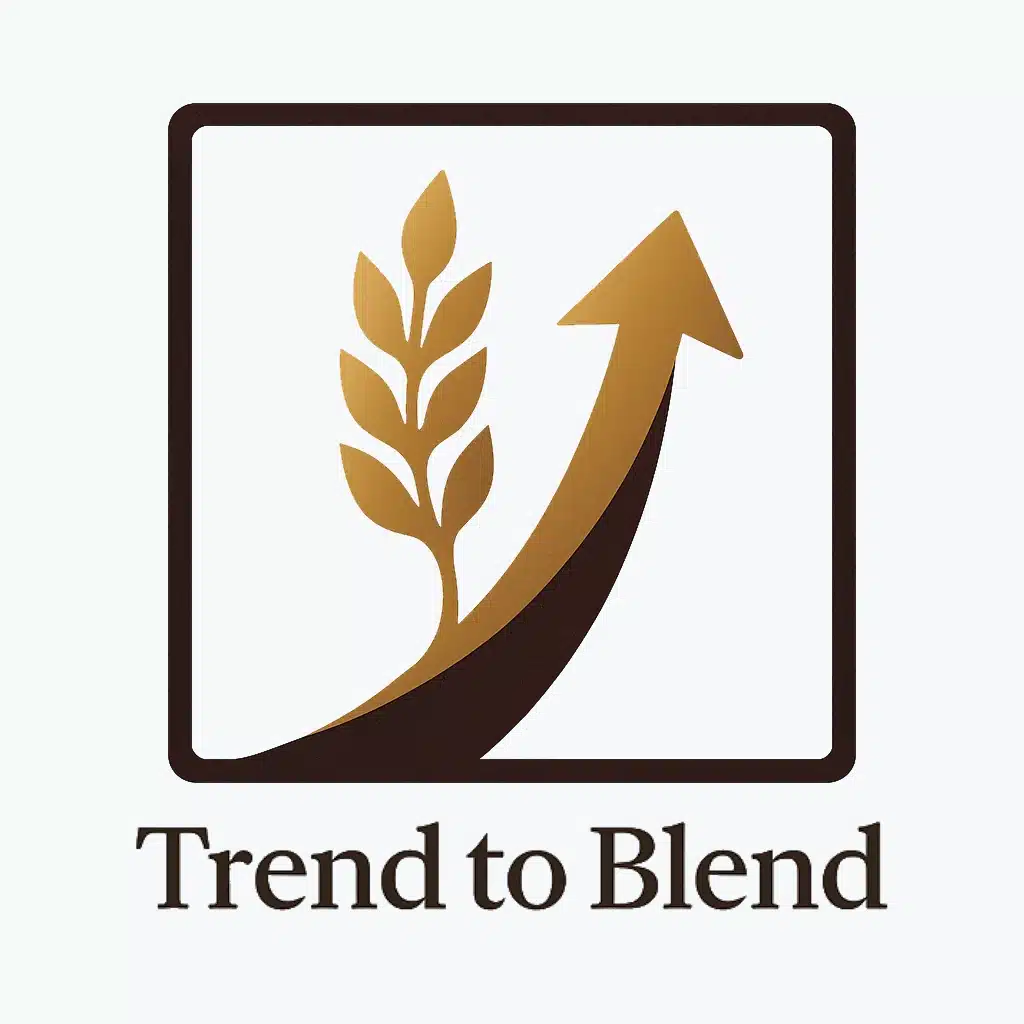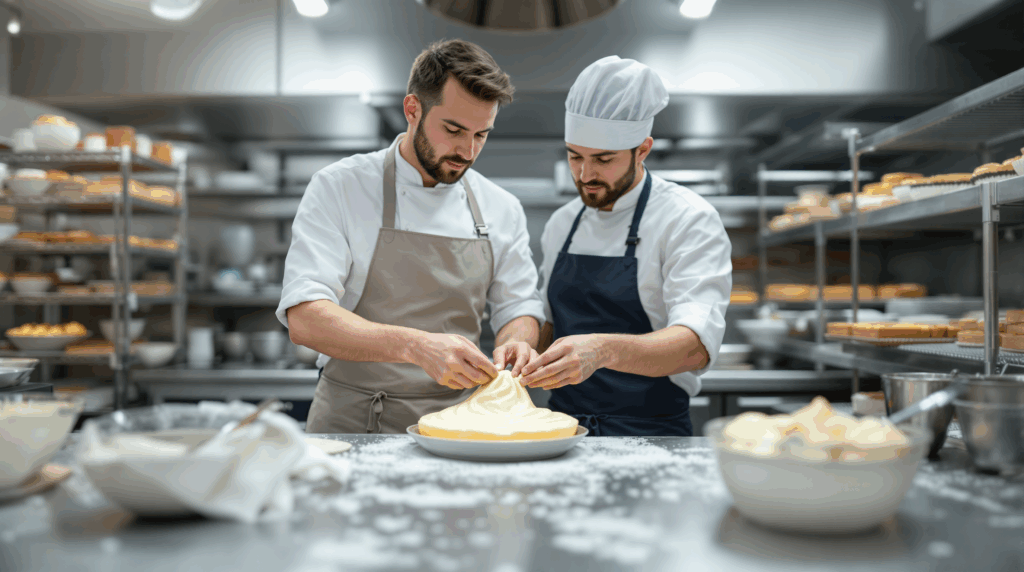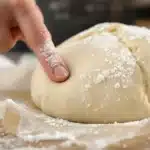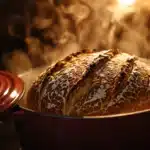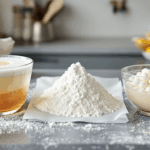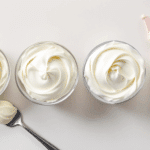You’ve completed your culinary program, finished your apprenticeship, mastered the core techniques at your first job, perhaps even worked your way up a few rungs on the kitchen ladder. You’ve put in the hard work, learned a tremendous amount, and achieved a level of competence. Does this mean your education as a baker or pastry chef is complete? If you’re serious about a long, fulfilling, and successful career in this field, the answer is a resounding no.
The world of baking and pastry is incredibly dynamic. Techniques constantly evolve, new ingredients and trends emerge, scientific understanding deepens, and customer tastes shift. Resting on your laurels, relying solely on the skills you learned early in your career, is a surefire way to stagnate and eventually fall behind. The most successful, innovative, and respected professionals in this industry share a common trait: a commitment to lifelong learning and continuing education. It’s not just about staying relevant; it’s about feeding your passion, honing your craft, and unlocking new levels of creativity and opportunity.
Why Keep Learning? The Benefits of Continuous Growth
Why prioritize ongoing education when you’re already working long, demanding hours in a kitchen? The benefits are substantial and directly impact your career trajectory and job satisfaction:
- Staying Current & Relevant: Food trends move fast. Think about the rise of sourdough popularity, the demand for gluten-free or plant-based options, the emergence of modern plating styles, or new scientific understandings of fermentation. Continuous learning ensures your skills and knowledge remain current, adaptable, and valuable in a changing market.
- Skill Refinement & Mastery: Foundational techniques learned early on can always be refined. Continuing education allows you to achieve true mastery by exploring advanced variations, troubleshooting complex issues, and learning hyper-specific skills (like intricate sugar work, advanced chocolate techniques, complex lamination variations, or specialized bread fermentation methods).
- Career Advancement: Acquiring new, specialized skills or formal certifications can make you a more attractive candidate for promotions, higher-paying positions, or leadership roles. It might open doors to teaching, consulting, product development, or even starting your own specialized business.
- Boosting Creativity & Preventing Burnout: Exposure to new ideas, techniques, flavors, ingredients, and perspectives from different chefs or cultures is incredibly inspiring. It combats routine, sparks creativity for menu development, and helps keep your passion for the craft alive, preventing burnout.
- Enhanced Problem-Solving: The broader your knowledge base – understanding not just the ‘how’ but the ‘why’ behind different techniques and ingredient interactions – the better equipped you become to diagnose problems, troubleshoot effectively when things go wrong in the kitchen, and adapt recipes successfully.
- Valuable Networking: Workshops, classes, conferences, and industry events are fantastic opportunities to connect with fellow professionals, mentors, potential employers, and industry leaders, fostering a supportive network and opening doors to collaboration or new opportunities.
- Personal Satisfaction & Confidence: There’s deep personal satisfaction in challenging yourself, learning something new, mastering a difficult technique, and growing within your chosen profession. This continuous improvement builds confidence in your abilities.
Avenues for Lifelong Learning: Beyond the Diploma
Continuing education doesn’t necessarily mean going back for another multi-year degree. Lifelong learning takes many forms throughout a baker’s career:
- Workshops & Masterclasses: These are often short, intensive courses (ranging from a single day to a couple of weeks) focused on a very specific skill or topic. Examples include advanced sourdough techniques, Viennoiserie lamination, chocolate showpiece creation, sugar pulling and casting, modern plated dessert design, artisan cheese making (relevant for some bakeries), or specific ethnic pastry traditions. They are often taught by renowned industry experts or visiting guest chefs and offer a chance for deep, focused learning and hands-on practice. While they can be an investment, a well-chosen masterclass can provide a significant skill boost. Research reputable culinary schools, private instructors, or baking centers that offer these.
- Industry Certifications: Several professional organizations offer certification programs that formally recognize different levels of skill and knowledge (e.g., Certified Baker, Certified Pastry Chef, Master Baker through groups like the Retail Bakers of America (RBA) or the American Culinary Federation (ACF)). Earning these certifications requires passing written and practical exams and often demonstrates a high level of commitment and competence, which can be valuable for career progression. Food safety manager certifications (like ServSafe Manager) are also crucial for leadership roles.
- Reading & Self-Study (Build Your Library!): Never underestimate the power of reading.
- Books: Continuously build your professional library. Include classic comprehensive texts (like Wayne Gisslen’s “Professional Baking,” Michel Suas’ “Advanced Bread and Pastry,” or Bo Friberg’s “The Professional Pastry Chef”), specialized books focusing on areas like bread science, chocolate, cake decorating, or specific pastry types, and even chef biographies or books on food history and culture for inspiration.
- Magazines & Journals: Subscribe to or read industry publications (e.g., Pastry Arts Magazine, Bake Magazine, Modernist Cuisine resources, relevant trade journals). These keep you informed about current trends, new techniques, interesting ingredients, equipment innovations, and business insights.
- Online Resources: The internet offers a wealth of information, but requires discernment. Follow reputable chefs and bakers on social media (for inspiration and technique snippets), participate in professional online forums (like The Fresh Loaf for bread enthusiasts, or pastry forums), watch technique videos from trusted culinary schools or experts, and even explore scientific journals or articles related to food chemistry and baking science.
- Learning from Colleagues & Mentors: Your workplace is a daily classroom if you approach it with the right mindset.
- Observe: Pay close attention to how experienced colleagues or chefs execute techniques, organize their workflow, and solve problems.
- Ask Questions: Don’t be afraid to respectfully ask experienced team members about their methods or the reasoning behind certain steps (choose appropriate, non-busy times!).
- Seek Mentorship: Cultivate relationships with senior bakers or chefs whose skills and work ethic you admire. A good mentor can provide invaluable guidance, feedback, and career advice. Be respectful of their time and knowledge.
- Networking & Industry Events:
- Conferences & Trade Shows: Attend industry events when possible. They offer seminars, demonstrations by leading professionals, opportunities to see new equipment and products, and invaluable networking time.
- Professional Associations: Join local or national baker’s guilds or pastry associations. Meetings often include educational components and connect you with peers.
- Travel & Cultural Exposure: Experiencing different food cultures firsthand is incredibly enriching. Travel (whether internationally or just exploring different bakeries in nearby cities) exposes you to new flavors, ingredients, techniques, and presentation styles, providing fresh inspiration. Taste everything!
- Competitions: Participating in baking or pastry competitions (local, regional, national, or even international) pushes you to refine your skills under pressure, develop creativity within specific constraints, receive feedback from expert judges, and gain visibility within the industry.
- Experimentation & Deliberate Practice: Treat your own kitchen (or downtime at work, if permitted) as a laboratory. Don’t just bake things you already know; actively choose recipes or techniques that challenge you. Try variations on a theme. Analyze your results – what worked, what didn’t, and why? Keep practicing skills you want to improve.
Cultivating a Learner’s Mindset
Ultimately, continuing education is driven by attitude:
- Stay Curious: Always ask “why?” Why does this ingredient work this way? Why is this technique important? What happens if I change this variable? Curiosity fuels learning.
- Remain Humble: No matter how much experience you gain, recognize that there is always more to learn. Be open to new ideas, different perspectives, and constructive feedback, even from those less experienced than you.
- Seek Challenges: Actively look for opportunities to learn new skills or step outside your comfort zone. Volunteer for tasks that stretch your abilities.
- Be Observant: Pay close attention to the details – in your own work, in the work of others, in the ingredients you use, and in the final products.
- Share Your Knowledge: As you gain experience, teaching or mentoring others is a fantastic way to solidify your own understanding and contribute back to the craft.
Conclusion: The Lifelong Baking Journey
Your initial training, whether through school or apprenticeship, lays the essential foundation for your baking career. But it is just that – the beginning. The dynamic, creative, and technically demanding nature of the baking and pastry world requires a continuous commitment to learning and skill development. Staying relevant, achieving mastery, advancing your career, and maintaining your passion all depend on embracing lifelong learning.
Fortunately, the avenues for continuing education are diverse, ranging from formal workshops and certifications to diligent self-study, learning from peers, exploring through travel, and dedicated practice. By cultivating a curious and humble mindset and actively seeking out opportunities to grow, you ensure that your skills remain sharp, your creativity stays fresh, and your career path continues to be rewarding. In the ever-evolving world of baking, the journey of learning truly never ends – and that’s part of what makes it such a wonderfully fulfilling profession.
